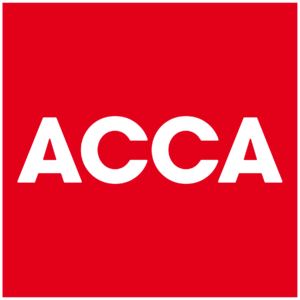Latest Industry News
With Making Tax Digital for VAT (MTD for VAT) set to be introduced in April 2019, the government has published legislation setting out the requirements for the initiative. Meanwhile, HMRC recently launched an MTD for income tax pilot for self-employed taxpayers. Here we outline the latest position.
MTD for VAT – an overview
Starting from 1 April 2019, businesses with a turnover above the VAT registration threshold (currently £85,000) will be required to keep digital records for VAT purposes and submit VAT returns to HMRC using MTD functional compatible software.
If a business’s turnover subsequently falls below the VAT registration threshold, the MTD requirement will remain.
Making digital returns and keeping digital records will not be made compulsory for taxes other than VAT before April 2020.
Businesses that are run by a practising member of a religious society or order whose beliefs are incompatible with using electronic communications will be exempt from using MTD for VAT. Similarly, a business to which an insolvency procedure has been applied will be exempt from MTD, alongside individuals who may be exempt on grounds of age, disability or remoteness of location.
Reviewing the new legislation
The Value Added Tax (Amendment) Regulations 2018 outline the requirements for MTD for VAT.
The legislation stipulates that businesses within the scope of MTD must keep digital records using functional compatible software. VAT returns will be calculated using an Application Programming Interface (API), and returns can be submitted using software, bridging software or API-enabled spreadsheets.
However, HMRC has outlined that the transfer of data from the compulsory digital records must be carried out digitally, and manual transfer or disposition of the data will not be permitted.
The government defines ‘functional compatible software’ as a program or set of programs which can:
- record and preserve records in an electronic form
- supply HMRC with information in an electronic form from these records, via the API platform
- receive information from HMRC using the API platform.
At the time of issuing draft guidance, HMRC stated that options for the digital transfer of information to HMRC will include XML import/export, macros and linked cells.
In addition, guidance previously issued by HMRC suggested that adjustments (such as for partial exemption) can be calculated outside of the digital records, and transferred in either digitally or manually, as long as the records are ultimately submitted to HMRC in a digital format. The guidance also suggested that HMRC will allow digital records to be contained within multiple pieces of software, provided that a digital link exists between the types of software used.
The government is yet to legislate on these details, but has stated that there will be a ‘soft landing’ period when penalties for incorrect record keeping will not apply, granting businesses additional time to update their systems in order to be compliant.
The MTD for VAT pilot
From April 2018 onwards, HMRC is live piloting MTD for VAT. Participating businesses will be given the opportunity to submit VAT returns using the new digital system, and will have access to assistance.
MTD income tax pilot for the self-employed
In March, HMRC launched a new MTD pilot for income tax for self-employed taxpayers. Sole traders taking part in the pilot will be required to send HMRC income and expenses summaries every three months using MTD-compliant software. Taxpayers will also need to send HMRC a final report to confirm all income and expenses for the year, and to claim any allowances or relief the business may be entitled to.
Just two software providers are included on the list as being able to support the MTD for income tax pilot, although HMRC has stated that this will be updated as more become available. The list can be found on the government’s website.
MTD represents a fundamental change to the way businesses keep their records. As your accountants, we can advise you in regard to your MTD requirements.
For tailored advice on how to best manage your personal and business finances, get in touch with us today and find out about how CBHC can help you do more with your money.








